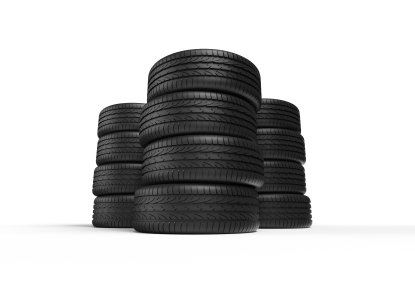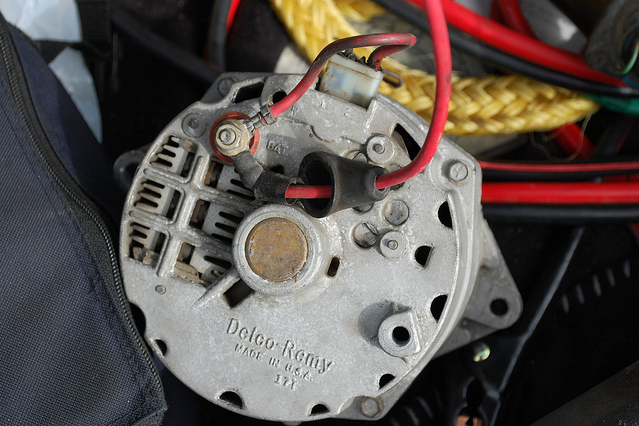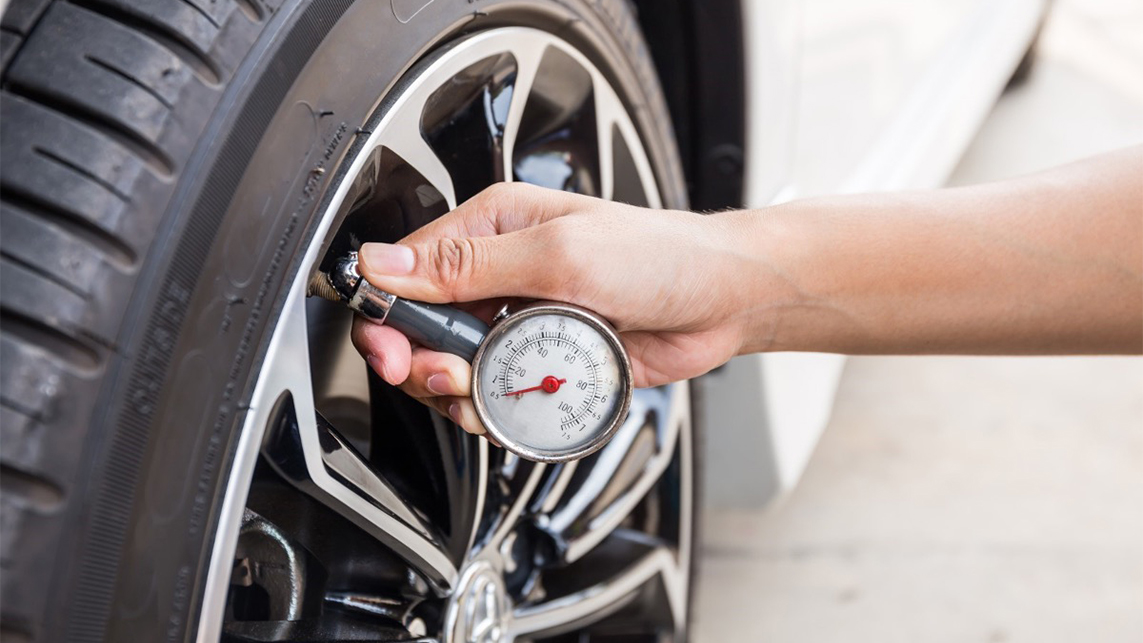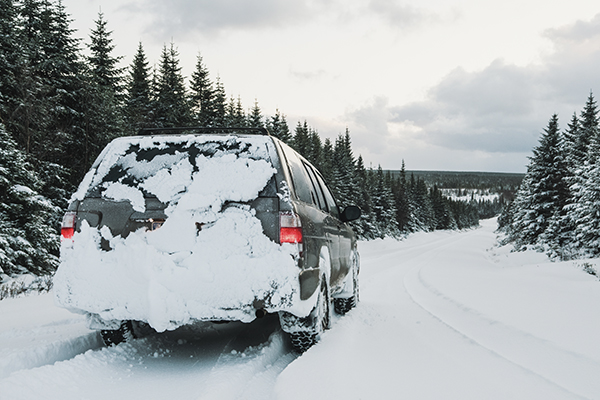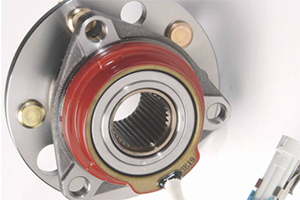Buying the right tires for your car is one of the most important decisions you’ll make. Your car’s performance, and your safety depend upon you making the right choice. The best choice will vary by car type, tire type needed (for example, all-season vs. summer), your driving style, plus road and weather conditions.
Tire tread wear: first, how do you know when it's time to buy tires?
While there are several factors that can lead tire tread wear, when the rubber hits the road, a single penny is all you need to gauge whether or not you need new ones. If you can see the top of Lincoln’s head when a penny is placed upside down in the tread, you need new tires (or good used tires that aren’t worn completely).
But, if you live in heavy, wet weather or snow, you’ll find that hydroplaning resistance and snow traction occur when tread depth reaches only 4/32 inch. Better to be safe than sorry—don't wait too long to buy when yours show tire tread wear.
How to buy tires that will fit your needs
You’ll want to get the best tires for the money—that means tires that last the longest. What criteria should you use to buy tires? Tires that do well in tests for braking, handling and resistance to hydroplaning should be the first choice, with tread wear, ride, comfort, noise and rolling resistance, second. In the final analysis, safety should come first.
On the sidewall of a tire is a designation beginning with DOT (for Department of Transportation) and including four digits. The digits indicate the week and year of manufacture. For example, 1012 means the tire was made during the 10th week of 2012. You should always try to buy the freshest tires available—older tires, even if they are still "new," can and do deteriorate.
What about a tire warranty?
Be aware of tire warranties. Typically, the tread-wear tire warranty provided by manufacturers is pro-rated. This means, the more miles on the tire, the less credit you’ll get. A typical tire warranty covers damage that is the result of regular use and not from potholes or other road hazards. Getting the most from your tires also depends on a tire maintenance program. That means your tires should be rotated, according to the manufacturer’s recommendation.
Editor's note: Advance Auto Parts carries a wide selection of tire care products for all different types. Buy online, pick up in store.
